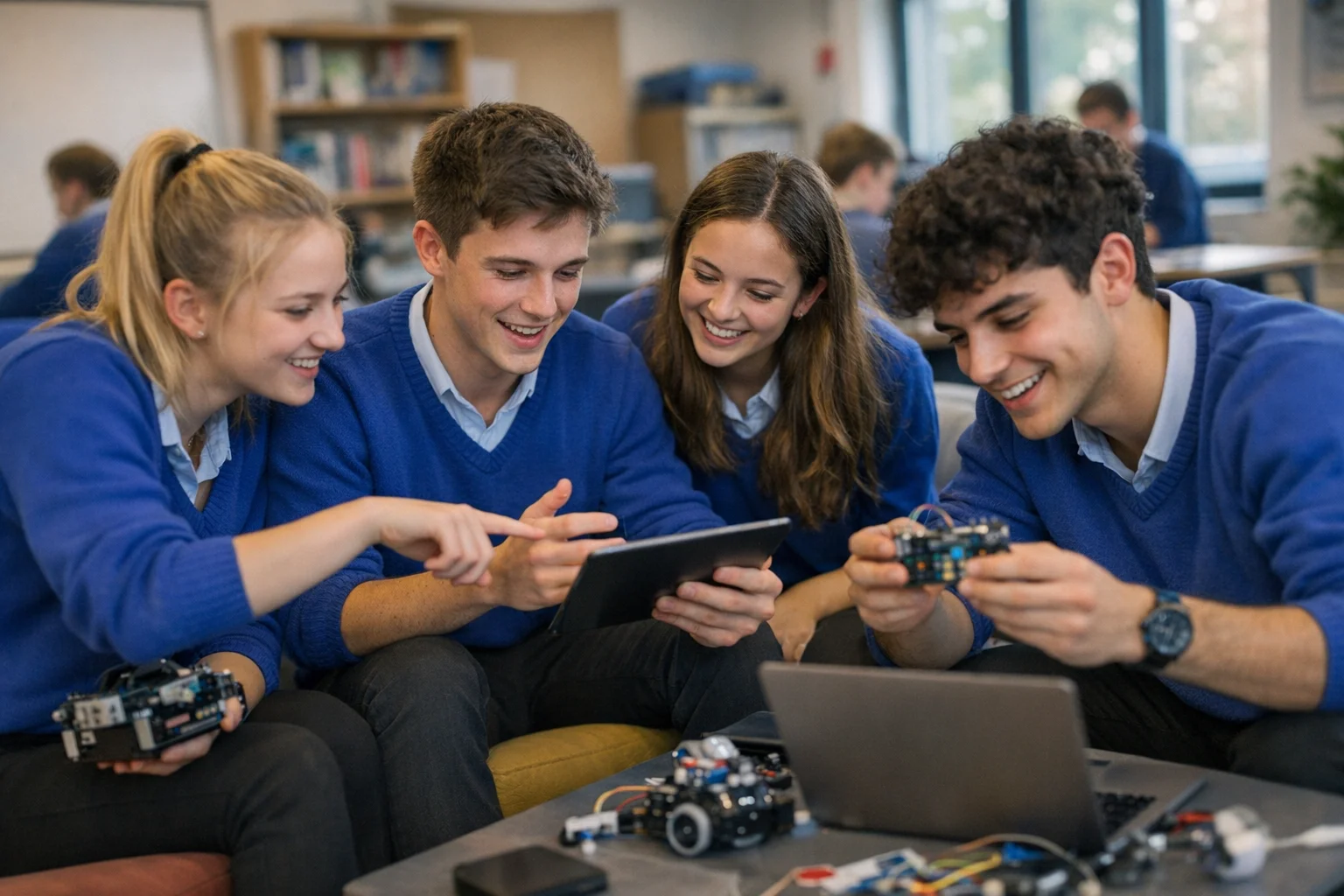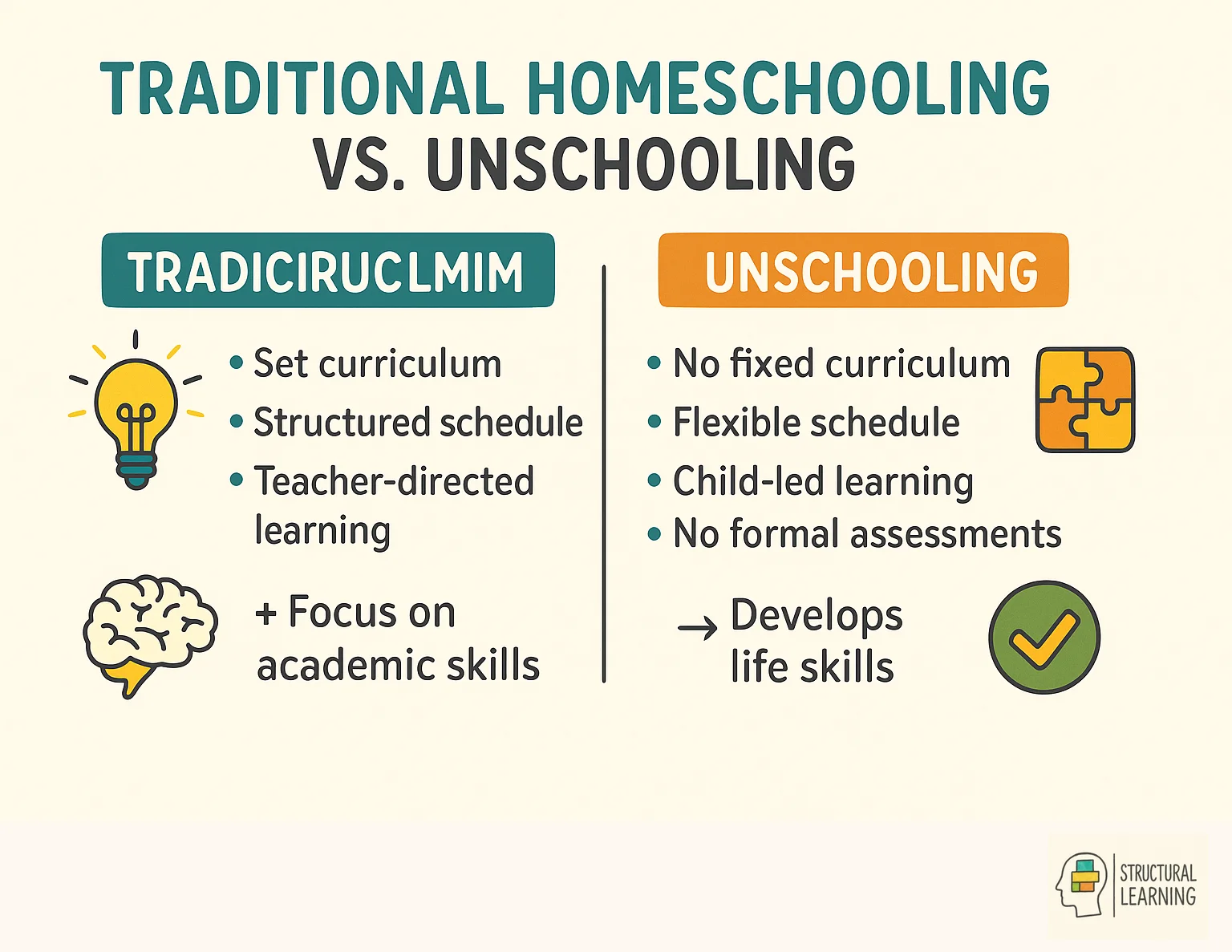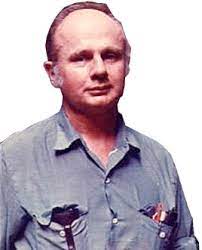Unschooling
Revisiting Unschooling: an innovative approach to child-led learning that fosters creativity, critical thinking, and autonomy in a natural learning environment.


Unschooling is a child-led teaching method that challenges the conventional idea of what learning should look like. Coined by educator John Holt in the 1970s, the term describes a philosophy that moves away from public school routines, rigid school schedules, and compulsory curricula in favour of self-directed education guided by each child's natural curiosities.
Unlike traditional homeschooling, which often recreates classroom lessons at home, unschooling allows children to decide what, when, and how they learn. This might include project-based unschooling, where young people dive deeply into hands-on experiences, or self-directed activities that arise organically from daily life. From baking to exploring science experiments, unschooling encourages experience-based learning over textbook instruction.
Advocates believe that this freedom creates creativity, resilience, and a lifelong love of learning. Influential thinkers like John Holt, author of Teach Your Own and Growing Without Schooling, and John Gatto, a former public school teacher critical of traditional systems, have inspired many families to embrace unschooling. Some even draw on ideas from the Continuum Concept, which emphasises trust in children's innate drive to grow and discover.
However, critics argue that without structured lessons, children may miss essential skills or struggle to adapt to academic expectations later on. The debate over unschooling often reflects broader questions about what education should accomplish and who gets to decide the best way to learn.

Key Points:
The term "unschooling" has evolved significantly since its origins in the 1970s, when it was popularized by educator John Holt. Initially, the concept of "unschooling" was synonymous with homeschooling, which involved parents taking their children out of traditional schools and educating them at home. Holt drew inspiration from Ivan Illich's concept of "deschooling," which challenged the conventional education system and proposed a decentralized teaching method.
The term "unschooling" has evolved from its origins in Ivan Illich's concept of deschooling to its popularization by John Holt in the 1970s. It was initially synonymous with homeschooling before coming to be differentiated from traditional homeschooling practices.
Since then, various definitions and interpretations of unschooling, such as the concept of "radical unschooling," have emerged, reflecting the diverse ways in which individuals and families approach alternative forms of education.

John Holt was an educational reformer and author who believed in the power of student-led learning, anti-authoritarianism, and the importance of developing curiosity and creativity in children. He advocated for a more child-centred teaching method, suggesting that traditional schooling often stifled natural learning and creativity.
Holt believed that children learn best when they are able to pursue their own interests and passions, rather than being forced to adhere to a predetermined curriculum. Holt's educational philosophy centred around helping students to take control of their own learning, developing a sense of independence and intrinsic motivation in the process.
Holt's ideas have had a significant impact on the unschooling movement, which is based on the belief that children can learn more effectively through self-directed exploration and discovery. Unschooling allows children to learn at their own pace and in their own way, without the constraints of traditional schooling.
Holt's influence also extends to alternative education methods, such as Montessori and Waldorf schoo ls, which emphasise the importance of individualized, student-centered learning. John Holt's educational philosophy continues to influence the way we think about education, advocating for a more student-led and personalized instructional strategy.

Jean-Jacques Rousseau, an influential thinker of the 18th century, emphasised the natural process of learning as integrated into everyday life. He believed that children